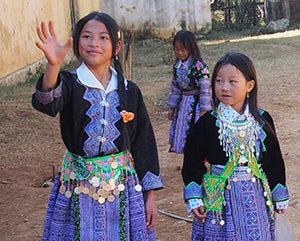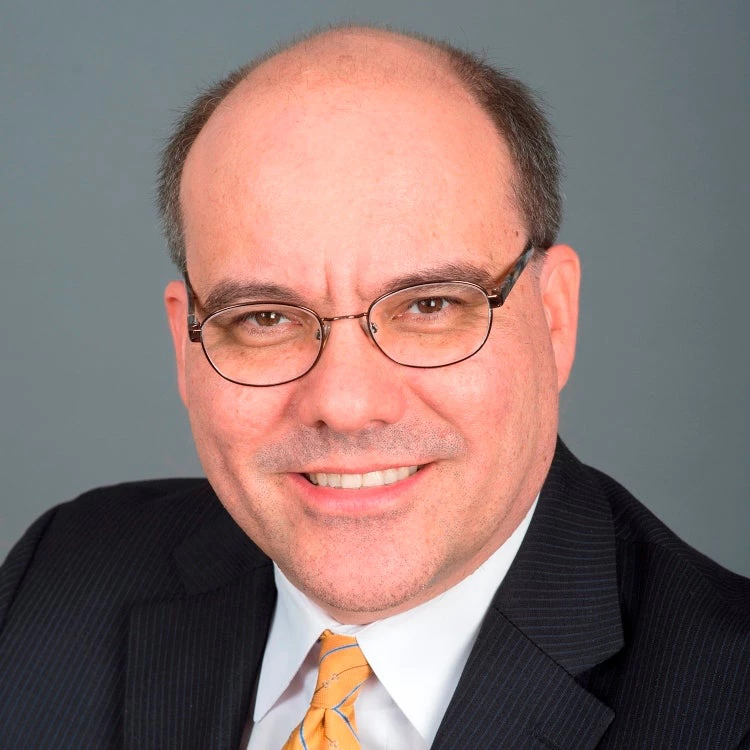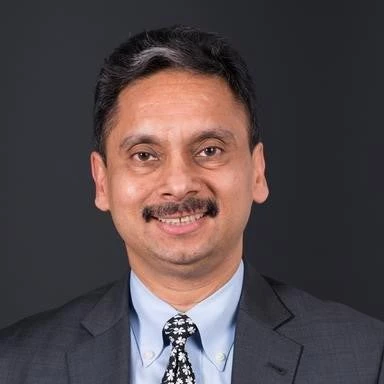
- Are culturally distinct societies and communities – the land on which they live and the natural resources on which they depend are inextricably linked to their identities, cultures, and economies;
- Are among the most disadvantaged populations in the world, representing roughly 4.5 percent of the global population but more than 10 percent of the poor; and
- Even within their own traditional territories – which hold 80 percent of the planet’s biodiversity – they legally own less than 11 percent of the land.
It should be recognized, however, that improving the conditions for Indigenous Peoples is not an easy task. Indigenous Peoples are often found in remote and isolated regions with poor access to social services and economic infrastructure. They also often suffer from multiple dimensions of exclusion. Furthermore, standard development projects have shown limitations in areas with Indigenous Peoples, particularly if they are not designed and implemented with the active participation of the indigenous communities.
Scaling up our engagement with Indigenous Peoples
We continue to strengthen and expand our support for sustainable development for Indigenous Peoples by engaging Indigenous Peoples in project design through consultations and participatory mechanisms, continuing the ongoing dialogue with indigenous leaders and their representative organizations, and conducting analytical studies.
In a case study report Indigenous Peoples Development in World Bank-Financed Projects: Our People, Our Resources: Striving for a Peaceful and Plentiful Planet, the World Bank presents eight case studies that have produced tangible benefits to Indigenous Peoples and their communities.
The Bank will soon release the report Indigenous Latin America in the XXI Century, a landmark review on the status of Indigenous Peoples in the region and the challenges ahead for the post-2015 agenda. The report emphasizes that Indigenous Peoples must be involved in the identification of culturally appropriate indicators, data collection methods, and policy analyses. This will give them the ability to decide what development goals are relevant to them, and how poverty reduction efforts should be implemented.
The World Bank is working to build the capacity of Indigenous Peoples’ organizations and to strengthen country capacity for engagement.
In March 2013, the World Bank Group embarked on the most extensive and comprehensive dialogue with Indigenous Peoples in its history to come together and develop a shared development agenda.
Two years later, on April 13 - 15, 2015, thirty Indigenous Peoples leaders from around the world held high level meetings with the World Bank as part of the engagement process. The Global Dialogue with Indigenous Peoples highlighted progress made and provided representatives of Indigenous People’s groups with a platform to help chart the Bank’s roadmap for a future partnership with Indigenous Peoples.
During the three-day event around the IMF-World Bank Spring Meetings in Washington, D.C., the group met with the World Bank Group’s Board of Directors, Executive Directors, and President Jim Yong Kim. Kim reiterated that, “We share your visions for a socially inclusive, environmentally sustainable world. Your voice has and will continue to be heard, as we deepen and broaden our engagement in the future.”
He confirmed the World Bank’s commitment to working with Indigenous Peoples, emphasizing that “effective development means to respect the cultural identity, the traditions and the interests of groups that have been under-served and marginalized for many years, and that have so much to offer in our modern world.”
Leaders from indigenous communities, CSOs, and other development organizations agreed that the World Bank’s two-year global dialogue and engagement process has yielded excellent results in terms of the beginning of a renewed and stronger relationship between the World Bank and the world’s Indigenous Peoples. The discussion revolved around critical issues for indigenous populations, including environmental and social protection, climate change, inclusion, self-determination, human rights, education, and health care.
How do we improve the lives of Indigenous Peoples on the ground?
World Bank support includes a dedicated grant mechanism for Indigenous Peoples and local communities by the Forest Investment Program, and a capacity building program for Forest-Dependent Indigenous Peoples by the Forest Carbon Partnership Facility supporting global, regional, and local consultations in the context of the partnership.
Despite the challenges of working to improve Indigenous Peoples’ livelihoods, World Bank projects have yielded positive, tangible results for Indigenous Peoples. For example,
- Through the Nicaragua Land Administration Project, poor and marginalized indigenous communities in the Caribbean region received collective titles to 15 ancestral territories.
- In Central America, more than 4,000 Indigenous People and 357 organizations learned to combine traditional knowledge with integrated ecosystem management, and used this knowledge to prepare land-use plans via the Integrated Ecosystem Management in Indigenous Communities Project.
- In Indonesia, the World Bank through Japan Social Development fund is working with AMAN, the largest Indigenous Peoples organization, to improve the governance for community livelihoods in forested areas.
(*This post was edited to correct the expected publication date of the "Indigenous Latin America in the XXI Century" report.)
Ede Ijjasz-Vasquez is Senior Director for the World Bank Group’s Social, Urban, Rural and Resilience Global PracticeManinder S. Gill is Director for the Social, Urban, Rural and Resilience (SURR) Global Practice at the World Bank Group, leading the Practice’s engagement in social development



Join the Conversation